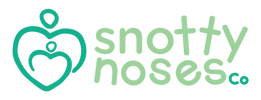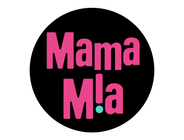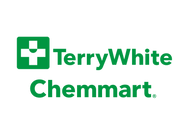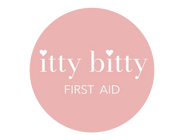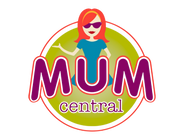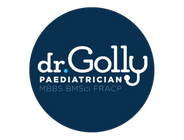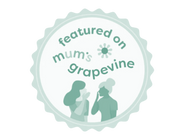As parents, witnessing our little ones suffer from illnesses can be a distressing experience. Although newborns generally live in a "germ-free bubble" in the early weeks, an older sibling can bring home the germs from daycare or kindy.
A sick newborn with a runny nose and cold is concerning, as they are too young to take medications like Panadol or Nurofen. These medicines are generally suitable from 1+ months.
If your baby is under 4 weeks, there are still several gentle and effective ways to relieve their symptoms and provide comfort as the virus passes through their body.
Remember, if symptoms persist or worsen, seek medical attention.

Let's explore some practical strategies to help your sick newborn feel better without the need for medication.
1. Saline and Nasal Aspirator
The nostrils are the only source of oxygen for newborns (babies under 5 months cannot breathe through their mouth), so clear nasal passages are essential for health and comfort.
For newborns too young to take medication, saline drops and a nasal aspirator can be very useful.
Babies cannot sniff or blow their own nose, so parents must help to loosen the mucus (with saline spray), then remove the mucus (with nasal aspirator).
The Snotty Boss Kit is a natural, non-medicated device that can be used as often as required to suction and clear nasal passages. The kit comes with 4 nozzles (including a special newborn size), a refillable soft-release saline spray bottle and a motorised aspirator.
Handy Tip: Did you know you can fill the spray bottle with breastmilk, as it's Mother Nature's saline. Just be sure to rinse and clean the bottle and spray components fully.


2. Offer Frequent Breast or Bottle Feeds
Providing frequent and additional feeds can help keep your baby hydrated, and the liquid can soothe a sore throat. Additionally, the sucking motion can offer comfort to your baby.
Whilst your newborn will require extra rest during times of illness, they will need to drink at least every 4 hours to maintain hydration, which means you may have to wake them for a feed.
Whilst feeding, baby's mouth is drinking, so their nose is breathing the oxygen. Using the saline and nasal aspirator immediately before a feed will clear the nasal passages, and allow baby to attach to breast or bottle for a more successful feed.
3. Elevate the Head
When your newborn has a cold, nasal congestion is a problem, making it harder to breathe comfortably. To alleviate this, elevate your baby's head slightly during sleep by placing a rolled-up towel or a small pillow under the crib mattress.
This angled position can help promote better drainage of mucus and make breathing easier for your little one.
4. Humidifier/Ultrasonic Vaporiser
Dry air can exacerbate nasal congestion and make your newborn feel more uncomfortable. Using a cool-mist humidifier or vaporiser in your baby's room can add moisture to the air and help soothe their irritated nasal passages.
Traditional steam vaporisers running for hours in a bedroom are no longer recommended for safe sleeping, as they make the room continually hot and stuffy.
With ultrasonic, cool-mist units, the words "humidifier" and "vaporiser" mean the same thing: a device that turns tepid tap water into vapour mist (without heating or cooling the room).
An ultrasonic vaporiser (like Hush) is recommended all year round, but is particularly helpful in times of illness.
Handy Tip: Generally from 3 months of age, organic 100% pure essential oil with Lemon, Tea Tree, Cedarwood, PIne ingredients can be added to the water chamber for further health benefits. Our Baby Breathe Organic Blend is recommended.


5. Steamy Bathroom
A short burst of steam for 5-10 mins in the bathroom can alleviate newborn congestion. Parents can run a hot shower and allow the room to fill with steam. Sit in the steamy bathroom while holding your baby upright, as the moisture can help clear their nasal passages.
Afterwards, the nasal mucus can be suctioned out with the nasal aspirator.
6. Gentle Massage
A gentle massage can do wonders in soothing your newborn and providing some relief. Lie your baby in a slightly elevated position on back or tummy, and gently stroke your baby's back or perform a light massage on their chest to help them relax and ease their breathing.
7. Extra Cuddles and Attention
During times of illness, your baby may need extra love and attention. Holding your little one close and providing comforting cuddles can make a significant difference in how they feel.
Physical touch can be reassuring and soothing for a sick baby.
This Too Shall Pass
Seeing your newborn suffer from a runny nose and cold can be challenging, especially when they are too young for Panadol or Nurofen. Viruses can take days to pass through the body.
However, with the right knowledge and natural products, you can alleviate their discomfort and help them breathe easier, sleep well and feel better.
Remember, if your baby's symptoms persist or worsen, it's always best to seek advice from a medical professional to ensure their well-being.

